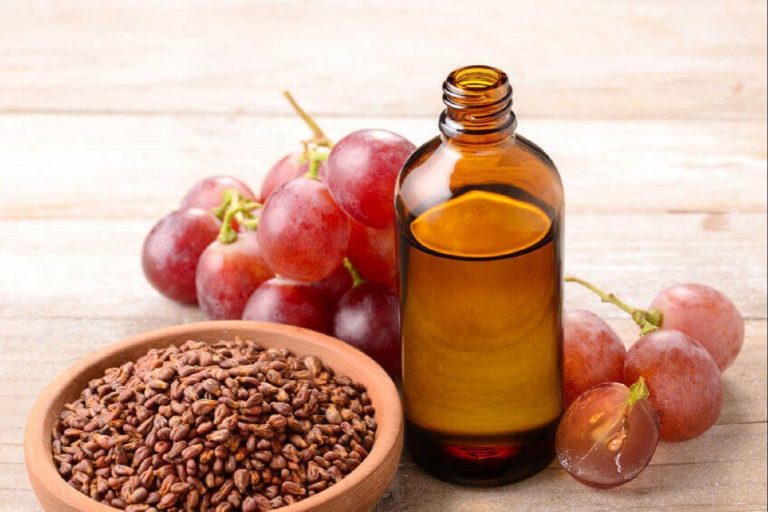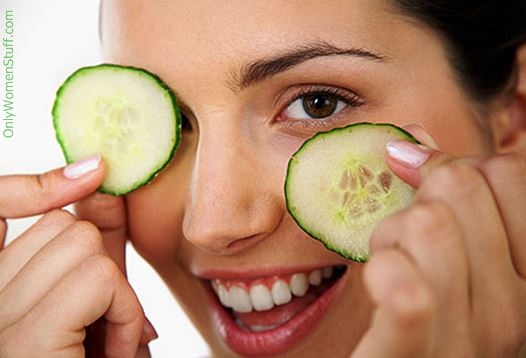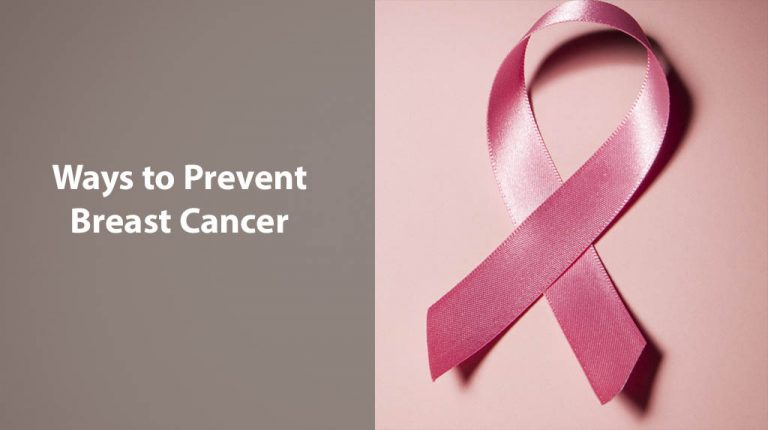8 Reasons You May Need Nutritional Supplements
No doubt, you see to it you always eat a balanced diet. But this shouldn’t be a reason to brush off nutritional supplements.
If the world was still ‘perfect,’ food alone would provide you with all the essential nutrients needed to sustain you in regards to health. However, man’s interference in food production has rendered most foods substantially low in nutritional value.
For you to meet the recommended daily intake of most of the nutrients, you may need to add nutritional supplements to your normal diet.

Here are 10 reasons you may need nutritional supplements
1. Soil Depletion:
Humans have been farming the world’s soils for hundreds of years. As a result, nutrients in the soil have been gradually depleting.
Worse still, in most instances farmlands don’t receive a break to allow nutrients to naturally restock. That implies that food harvested from such farmlands is continuously getting poorer in nutritional value.
Thus, even if you eat very well, there’s a high chance you’re still missing some nutrients. Therefore, it’s in your best interest to get a variety of nutritional supplements to cover up for the missed nutrients.
2. Hormonal Changes In Women:
Unlike men, women go through lots of hormonal changes almost throughout their life; talk about monthly menstruation, pregnancy, breastfeeding, menopause, and the like. These events increase the demand of nutrients in their bodies.
If proper precautions are taken, women can easily end up being deficient in minerals like iron, calcium, folic acid, zinc, iron, vitamin C, and iodine. Nutrional supplement companies understand this fact and stock a variety of supplements for women’s health. One of these is Supplements Wise which offers supplements to cater for nearly every nutrient deficiency in women.
3. Age:
It feels nice to be young because the body has a considerably good capability of breaking down food and absorbing nutrients. But as you advance in age, especially above 50 years, your body naturally gets sluggish in terms of nutrient absorption.
This is attributed to factors such as:
- The tendency to eat less due to lack of appetite
- Digestion conditions such as atrophic gastritis, gastroesophageal reflux disease, and diverticulitis
- Reduced production of stomach acid
- Reduced physical activity which aggravates age-related conditions
- Developing sensitivities to certain foods that never gave you problems before
Taking nutritional supplements will help you meet your body nutrition needs at this age.
4. Poor Eating Habits:
The young are in no way spared when it comes to nutrient deficiency. You certainly relate with bad eating habits like:
- Eating junk food that’s high in fat and sugar
- Mindless, endless snacking
- Eating too quickly so as to get done and attend to ‘more important issues’
- Emotional eating to combat stress
- Skipping breakfast due to too many tasks competing for your attention
- Eating at night when you should be sleeping
- Eating past the point of fullness
All these habits can have a profound effect on the amount of nutrients absorbed into your body. And, while it’s advisable to fix these bad habits, nutritional supplements can temporarily help you to keep nutrient deficiencies at bay.
5. Regular Exercise:
For instance, if you’re a woman who have a specific set of fitness goals, to stay in good shape, you need more energy and nutrients than that friend of yours who never engages in exercise.
Constantly moving your bigger body muscles means that your stored nutrients are used up more quickly.
So, on top of your high-carb, high-protein diet, you may want to supplement with things like protein powder to help you sustain high energy levels, replenish the used-up nutrients, and facilitate recovery after intensified workouts.
6. Health Conditions:
Nutrient absorption largely takes place in the small intestines. Any health condition affecting the small intestines has the potential to reduce your nutrient absorption capacity. These include ulcers, inflammation, celiac diseases, lactose intolerance, and Crohn’s disease.
In addition to the small intestine, other organs like the liver, gallbladder, and pancreas are also involved in nutrient absorption. Accordingly, diseases like cystic fibrosis, gallstones, hepatitis, and chronic pancreatitis can also negatively impact nutrient absorption.
Also, the long-term use of medications such as anticonvulsants, antacids, anti-inflammatory drugs, laxatives, diabetes drugs, and antibiotic tetracycline has been shown to negatively affect metabolism, deplete nutrients, limit the uptake and absorption of nutrients from food, and reduce the bioavailability of certain nutrients.
To avoid nutrient deficiencies, you can use nutritional supplements when suffering from such diseases or using such medications, as long as they don’t cause risky drug interactions.
7. Alcohol, Cigarette Addiction:
Heavy alcohol consumption can affect your nutrient levels in three ways:
- As your body takes alcohol as a toxin, it’s given the priority to pass through the gut, in lieu of other important nutrients, meaning you’ll have less nutrients absorbed.
- Alcohol has diuretic effects, which leads to the discharge of essential nutrients from your body reserves
- Alcohol can use up digestive enzymes and this negatively impacts your digestive process and uptake of nutrients.
To that end, alcoholism is a notorious cause of nutrient deficiency. Smoking is also known to impede your body’s absorption of vitamins. Save yourself with nutritional supplements as you also try to get out of heavy alcohol consumption and habitual cigarette smoking.
8. Food Processing:
Modern food processing can rob foods of their natural nutrient content. A good example is white wheat flour, which is milled after removing the germ and bran. This removes from the wheat about:
- 80% magnesium
- 80% zinc
- 87% chromium
- 88% manganese
- 50% cobalt
The resulting wheat flour is very poor nutritionally. The same applies to maize flour and polished rice. If you can’t obtain the grains and mills your own flour, you risk nutritional deficiency.
To Wrap It Up
There are many factors that expose you to nutrient deficiencies even though you eat balanced diets. Some of these factors are under your control while others aren’t.
For those situations you have no say over them, it’s wise to take nutritional supplements so as to maintain a healthy body. For things you can change, say alcohol addiction, use nutritional supplements as you seek ways to get out of the bad habits.






